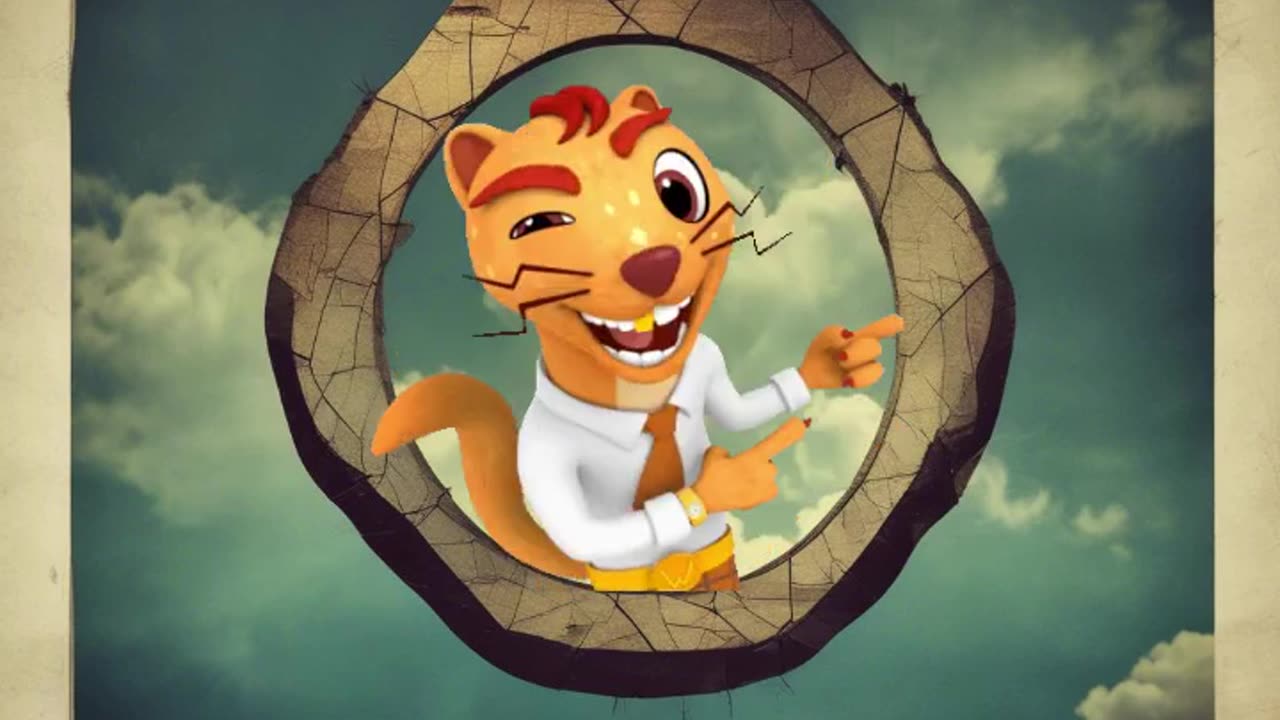Premium Only Content

Tony Quigley Song...
Examining Tony Quigley’s Comment on Matt Taylor: Projection and Narcissism.
Tony Quigley’s statement about Matt Taylor, where he outright declares, “He’s blatantly a narc!”—referring to Taylor as a narcissist—warrants deeper examination. On the surface, this is a simple accusation. However, as we analyze Quigley’s follow-up comments, the focus shifts from Taylor to Quigley himself, revealing significant insights into his psyche. Could it be that Quigley is projecting his own narcissistic tendencies onto Taylor?
Projection and Self-Revelation.
Projection is a well-documented psychological phenomenon wherein individuals attribute their own characteristics, thoughts, or feelings to others. By accusing Taylor of narcissism without substantive evidence, Quigley inadvertently reveals more about himself than about Taylor. He claims his father is a narcissist and, by extension, suggests that he has inherited certain intellectual and social traits from him. He states:
“As you know, I’m a genius, not boasting… I’m humble and change my speech and diction to whomever I’m talking to, so they can understand me fully.”
Here, Quigley simultaneously declares himself a genius while insisting he is humble—a classic contradiction often seen in those with narcissistic traits. True humility does not require proclamation. His self-described ability to modify his speech for different audiences further suggests a chameleon-like adaptability, a trait commonly associated with manipulative narcissism.
The Chameleon Effect: Adaptation or Deception?
Quigley’s claim that his father was “as high level as they come” in narcissism suggests admiration rather than disapproval. He goes on to say:
“He can speak posh and eloquently or go the other extreme and be common and coarse! He is a chameleon! Matt is basic but the traits are the same.”
By praising his father’s ability to switch personas, Quigley implies that such behavior is not only acceptable but desirable. He further contrasts his father with Taylor, deeming Taylor “basic,” while simultaneously asserting that Taylor exhibits the same traits. This contradiction raises the question: if Taylor’s traits are the same as his father’s, why does he admire one but scorn the other? The inconsistency hints at an internal conflict—perhaps an unconscious projection of Quigley’s own tendencies onto Taylor.
Inheriting Narcissism: A Cycle or a Choice?
Quigley admits:
“IQ doesn’t make you a better person but my point is, I inherited this from my mother and father.”
His assertion that intelligence is inherited suggests a deterministic view of personality.
However, his simultaneous reference to his father’s narcissism raises the possibility that Quigley may have also inherited this trait. His declaration that he has “learned from the best” could be interpreted as an acknowledgment of learned narcissistic behaviours rather than an objective observation.
Conclusion: Who is the Narcissist?
By dissecting Quigley’s statement, it becomes evident that his accusations against Taylor lack substantive evidence. Instead, his words seem to reflect a classic case of projection. His grandiosity, self-contradictions, and admiration for manipulative traits point toward his own narcissistic tendencies rather than Taylor’s. Thus, the question is not whether Matt Taylor is a narcissist, but whether Tony Quigley, in accusing Taylor, has inadvertently revealed himself to be one.
-
 3:51:08
3:51:08
FreshandFit
9 hours agoWe KICKED OFF Girls And FIRED Employees LIVE For THIS...
133K121 -
 2:05:49
2:05:49
Badlands Media
1 day agoDevolution Power Hour Ep. 336
91.6K29 -
 14:11
14:11
DeVory Darkins
14 hours ago $26.11 earnedFetterman SLAMS Democrats during shocking MSNBC Interview
72.7K80 -
 8:42
8:42
Chris Williamson
1 year agoThe Harsh Reality Of Our Collapsing Birthrate - Jordan Peterson
34.8K19 -
 4:33:31
4:33:31
Alex Zedra
11 hours agoLIVE! Playing Split Ficition!
61.3K7 -
 2:51:38
2:51:38
TimcastIRL
12 hours agoGovernment SHUTDOWN IMMINENT, Democrats Vow To BLOCK Trump CR w/The Native Patriot | Timcast IRL
197K100 -
 3:38:57
3:38:57
Digital Social Hour
1 day ago $21.06 earnedAndrew Tate EXPOSES the Truth About Legal Battles, Politics & Masculinity | Andrew Tate DSH #1231
75K22 -
 2:26:29
2:26:29
Laura Loomer
12 hours agoEP108: Dems Embrace Domestic Terrorism To "Get Trump"
72.9K36 -
 3:01:51
3:01:51
Right Side Broadcasting Network
14 hours agoWATCH: NASA’s SpaceX Crew-10 Launch
135K46 -
 2:06:17
2:06:17
Glenn Greenwald
13 hours agoJudge Orders Hearing on Columbia Student Deportation Case; Is the Ukraine Ceasefire Plan Serious? Trump Attacks Thomas Massie for His Budget Vote | SYSTEM UPDATE #422
142K199